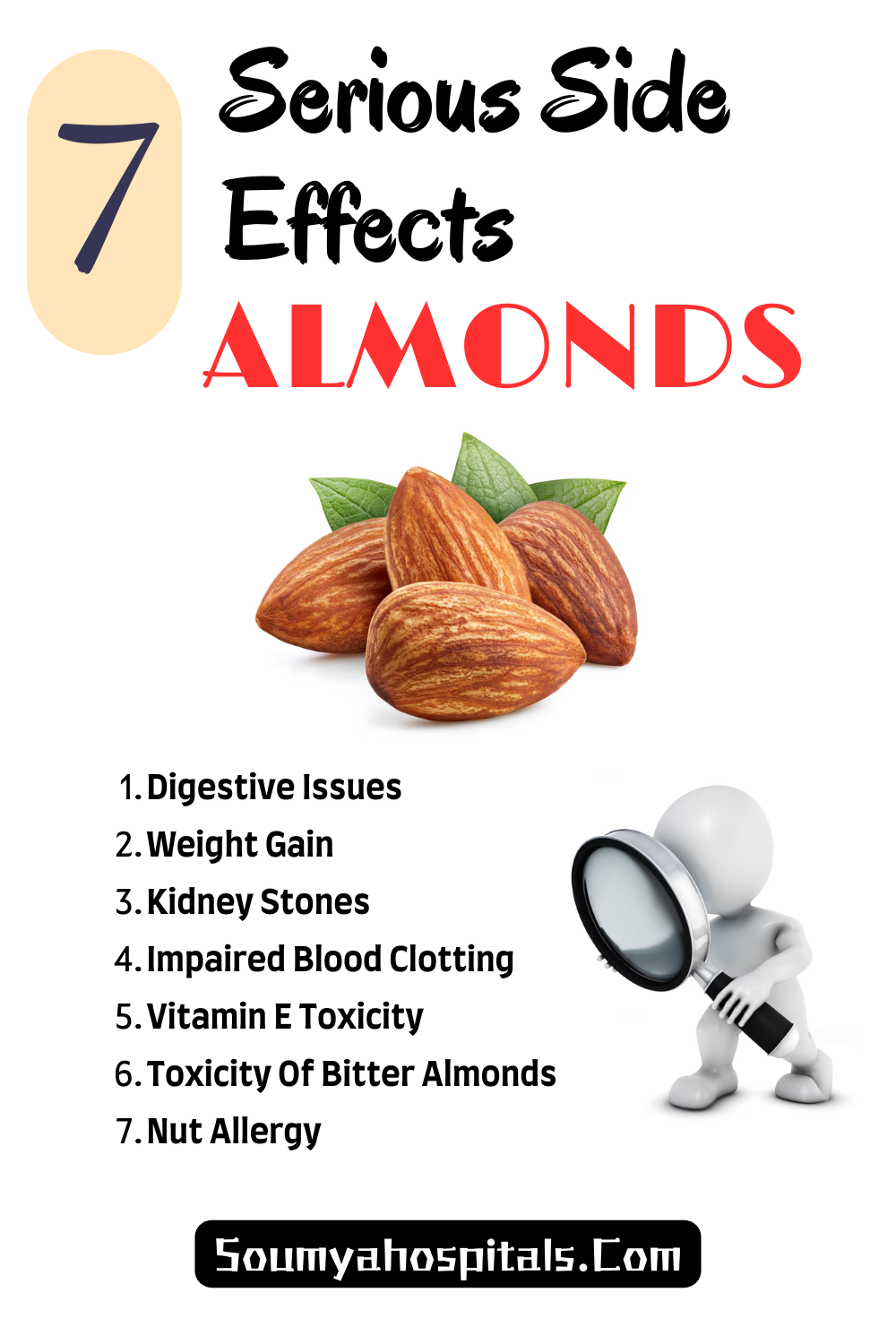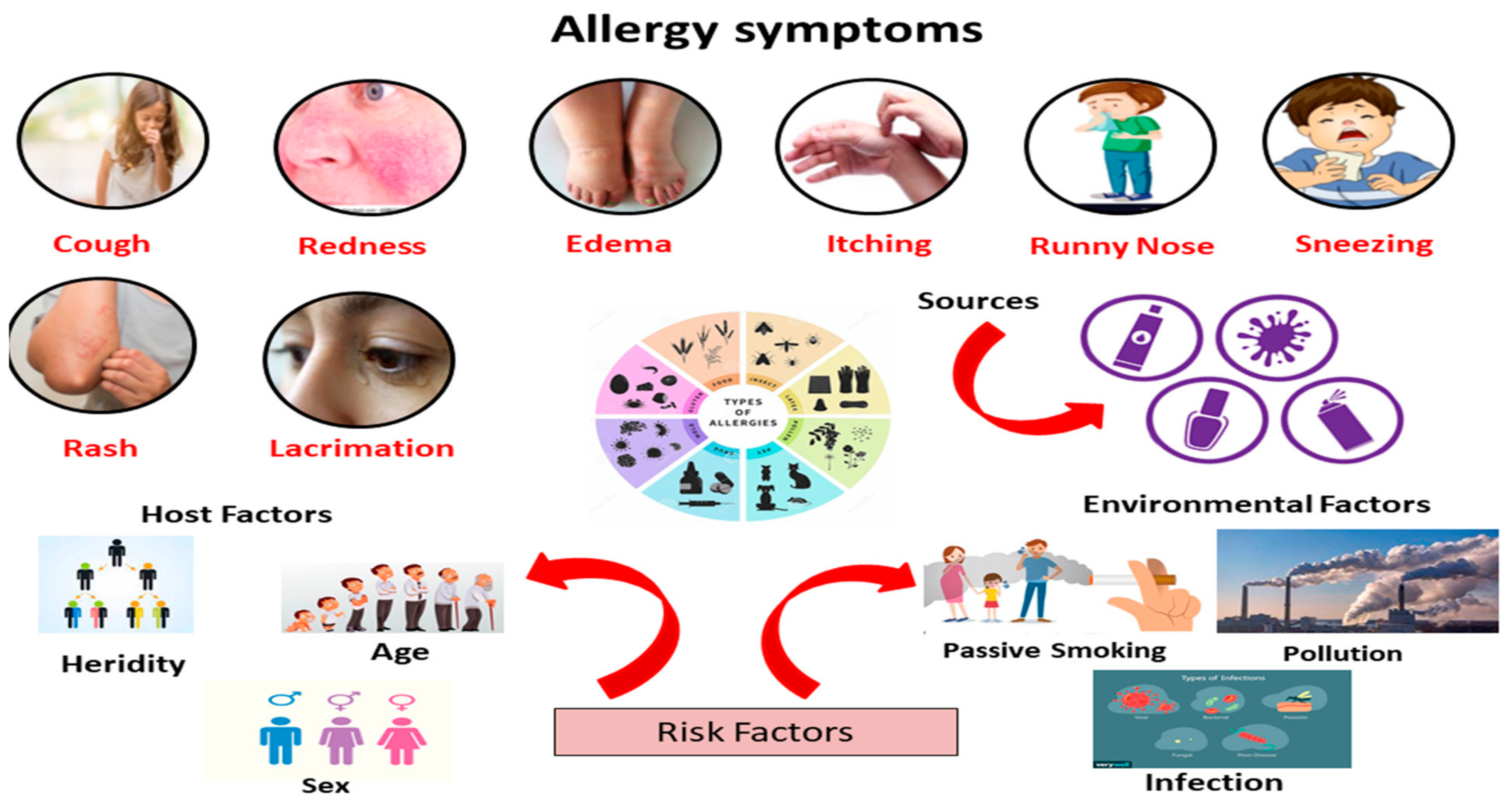Health Risks of Overeating Almonds: What You Need to Know
Almonds are frequently celebrated as a superfood because of their dense nutritional profile and versatility in meals and snacks. Rich in healthy fats, protein, fiber, vitamins, and minerals, almonds have long been associated with numerous health benefits, including improved heart health, better weight management, and enhanced brain function. However, like any food, excessive consumption can lead to unintended health consequences. Understanding the potential risks of overeating almonds is essential for maintaining a balanced diet and optimizing health.
1. Abundance Caloric Admission and Weight Gain
Almonds are calorie-dense. A single ounce, roughly 23 almonds, contains around 160-170 calories. While this makes them an excellent energy-boosting snack, overconsumption can quickly lead to a caloric surplus. If these extra calories are not offset by increased physical activity or adjustments in other dietary components, weight gain may occur.
This issue is particularly relevant for individuals who mindlessly snack on almonds throughout the day. While almonds are nutrient-dense, they should still be consumed in moderation to avoid undermining weight management efforts. Portion control is key; pre-measuring servings or using small snack bags can help limit intake.
2. Stomach-Related Issues from High Fiber Content
Almonds are an excellent source of dietary fiber, with around 3.5 grams per ounce. Fiber is essential for a healthy digestive system, but too much fiber, especially when consumed in a short period, can cause discomfort. Overeating almonds may lead to symptoms such as:
Bloating
Gas
Constipation or, alternatively, diarrhea
These symptoms occur because excess fiber can overwhelm the digestive system, particularly in individuals who are not accustomed to a high-fiber diet. Drinking plenty of water and gradually increasing fiber intake can mitigate these issues, but controlling almond consumption remains important.
3. Phytic Corrosive and Mineral Assimilation
Almonds contain phytic acid, a natural compound that can bind to minerals like calcium, iron, and zinc, preventing their absorption in the digestive tract. While phytic acid isn’t inherently harmful, excessive intake can contribute to mineral deficiencies over time, especially if almonds are consumed in large amounts as part of a diet already low in bioavailable minerals.
For individuals relying heavily on almonds as a snack or dietary staple, this could lead to suboptimal mineral levels. To counteract this, diversify your diet by incorporating a wide range of foods rich in essential nutrients.
4. Vitamin E Overload
Almonds are one of the best natural sources of vitamin E, with a one-ounce serving providing about 7.3 milligrams, nearly half the recommended daily intake for adults. Vitamin E is an important antioxidant that protects cells from damage and supports immune function.
However, consuming too much vitamin E over time, often through excessive almond consumption, can lead to potential side effects, such as:
Headaches
Fatigue
Blurred vision
Increased risk of bleeding (due to its blood-thinning properties)
Although rare, vitamin E toxicity is a concern for those who overconsume almonds along with other vitamin E-rich foods or supplements. Monitoring overall dietary vitamin E intake is crucial for avoiding these risks.
5. Chance of Allergic Reactions
For individuals with nut allergies, even a small amount of almonds can trigger an allergic reaction. Symptoms of almond allergies may range from mild to severe and include:
Itchy skin or hives
Swelling of the face, lips, or throat
Difficulty breathing
Anaphylaxis (a life-threatening allergic response)
People with known nut allergies should avoid almonds altogether. Cross-reactivity with other tree nuts may also occur, so consulting an allergist is essential for managing risks.
6. Potential Contribution to Kidney Stones
Almonds are high in oxalates, compounds that can contribute to the formation of kidney stones in susceptible individuals. Oxalates bind with calcium in the kidneys to form crystals, which may develop into stones over time.
While the average person can safely consume moderate amounts of almonds without issue, individuals with a history of kidney stones or other kidney-related conditions should monitor their almond intake. Reducing dietary oxalates and increasing water consumption can help minimize this risk.
7. Bitter Almonds and Toxicity
Sweet almonds, the type commonly found in grocery stores, are safe to eat. However, bitter almonds—which are not typically sold for general consumption—contain amygdalin, a compound that can release cyanide when metabolized. Consuming even a small amount of bitter almonds can be toxic and is potentially fatal.
While accidental ingestion of bitter almonds is rare, it’s worth noting this distinction to avoid potential hazards. Always purchase almonds from reputable sources and ensure they are labeled as sweet almonds.
8. Interactions with Medications
Excessive almond consumption may interfere with certain medications due to the nutrients they contain. For example:
Vitamin E: Its blood-thinning properties may enhance the effects of anticoagulant medications, increasing the risk of bleeding.
Manganese: Almonds are rich in manganese, which may interfere with drugs such as antipsychotics, antibiotics, or blood pressure medications if consumed in large amounts.
If you are on any medications, discuss your almond consumption with your healthcare provider to ensure there are no adverse interactions.
Tips for Safe Almond Consumption
To enjoy the benefits of almonds while avoiding potential health risks, consider the following tips:
Stick to Recommended Portions: A serving size of one ounce (about 23 almonds) is generally considered safe and beneficial for most individuals.
Avoid Overeating: Pre-portion almonds into small bags or containers to avoid overindulging.
Drink Plenty of Water: This helps counteract the high fiber content and supports overall digestion.
Balance Your Diet: Include a variety of foods to ensure you’re meeting your nutritional needs without relying excessively on almonds.
Monitor Health Conditions: If you have kidney issues, nut allergies, or are on specific medications, consult a healthcare professional about your almond intake.
Choose Sweet Almonds: Always purchase almonds from trusted sources to ensure safety.
Conclusion
While almonds are undoubtedly a nutritional powerhouse, overconsumption can lead to a range of health issues, from digestive discomfort to more serious concerns, such as kidney stone formation or nutrient imbalances. By understanding these risks and practicing moderation, you can enjoy almonds as part of a healthy and balanced diet. Remember, the key to reaping their benefits without the drawbacks lies in mindful eating and dietary variety.


































0 comments: